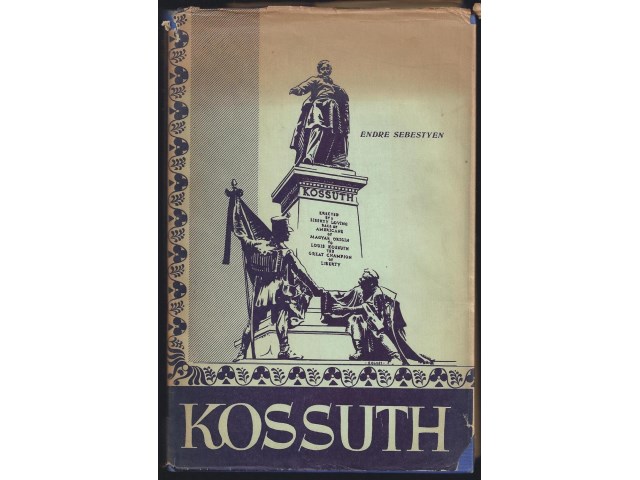Leírás
A Magyar Apostle of World Democracy
A Magyar Apostle of World Democracy
About the saving of thousands of Jewish orphans by Rabbi Wolf Frei, establishing safe house orphanages, inside Budapest, during the war, and detailing other rescue efforts, by Wallenberg and many other Jewish and non-Jewish volunteers right under the nose of the Hungarian Iron Cross Fascists and the Nazis. It gives a wide panorama of all of the rescue efforts organized within Budapest during the Nazi invasion of Hungary
Memoirs from Hungary, 1940-1956 (signed copy)

